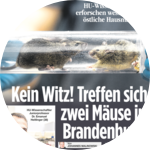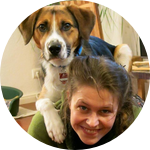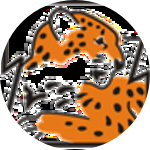About This Project
Spotted hyenas are successful carnivores that show the ability to survive in human-dominated areas. However, they can be implicated in human-wildlife conflict via livestock depredation. We will use DNA metabarcoding to assess how hyenas in the Ngorongoro Conservation Area respond to a major increase in livestock abundance. The findings will help promote balanced conservation outcomes for both people and wildlife and improve our understanding of hyena behavioral flexibility.
Ask the Scientists
Join The DiscussionWhat is the context of this research?
Spotted hyenas are the most abundant large carnivore in the Ngorongoro Conservation Area (NCA), a UNESCO World Heritage Site that allows for the cohabitation of humans and wildlife. Over the last 23 years, livestock numbers in NCA have increased leading to higher levels of conflict between Maasai pastoralists and hyenas. During the same period, the abundance of wild prey remained unchanged. It is currently unknown whether the hyena population responded to the increase in livestock numbers and activity by increasing their consumption of livestock. This lack of knowledge impedes the application of policies to mitigate the conflict and reduce the negative perception of the Maasai towards hyenas and other carnivores.
What is the significance of this project?
This project will give us a better understanding of spotted hyena behavioral flexibility in the face of increased anthropogenic pressure. Hyenas play an essential role in the ecosystems they inhabit, as hunters and scavengers, by keeping herbivore populations healthy and preventing the spread of disease. This study will also help to optimize genetic techniques used in the determination of apex predator dietary patterns, paving the way for future related studies on this method. Furthermore, it will help tailor conservation actions to mitigate human-carnivore conflict. Thus, the conservation outcomes of this project are of interest to local communities and authorities as well as scientific circles.
What are the goals of the project?
We aim to establish the diet and dietary preferences of the spotted hyenas in the Ngorongoro Crater during the last 23 years. For this, we will extract DNA from 500 faecal samples collected during this period from our study hyenas. Using DNA metabarcoding we will then establish which prey animals the hyenas consumed. A comparison of the diet over time will reveal whether the hyenas in the Ngorongoro Crater responded to the increase in livestock numbers by preferentially feeding on them. A comparison of the diet of hyenas from clans located closer to livestock areas with that of more distantly located clans will reveal whether hyenas adjust their diet depending on their proximity to pastoralist communities.
Budget
This budget is part of a PhD project and the DNA metabarcoding aspect will be an essential component of one of the manuscripts that come out of the project.
The listed budget items cover aspects of the study that take place both in the field and laboratory. All are crucial for the completion of the project: collection of faecal samples in Tanzania, exporting of samples to our labs in Germany, laboratory work in detecting prey DNA.
We have acquired approximately USD 5,500 through an internal grant to help cover part of the costs related to laboratory consumables. Herewith, we seek to raise additional funds not only related to the labwork but also for the transport of samples. Along with the Ngorongoro Hyena Project's internal budget, the funds raised from the internal grant and the Experiment campaign will fully meet our needs and allow us to complete the project. Additional funds for the PhD not related to DNA metabarcoding have been raised from external sources.
Endorsed by
 Project Timeline
Project Timeline
The collection of the faecal samples for the analyses has already been completed and almost all samples were transported to the lab facilities in Berlin. Therefore, the project is now focused on PCR optimization, DNA extraction, and getting the prey DNA results in the lab. Afterwards, analyses of spatiotemporal trends in the hyenas' dietary preferences will be the focus. We aim to submit the manuscript in April 2020.
Feb 01, 2018
Travel to NCA for first field season - DONE
Dec 01, 2018
Travel to NCA for second field season - DONE
May 15, 2019
Collect 500 faecal samples - DONE
Oct 30, 2019
Project Launched
Nov 30, 2019
Complete optimization of primers
Meet the Team
Affiliates
Affiliates
Arjun Dheer
I am a PhD student at the Leibniz Institute for Zoo and Wildlife Research (IZW) in Berlin, Germany. I have extensive fieldwork experience across several field sites in sub-Saharan Africa and am interested in using behavioral ecology to promote conservation outcomes. The majority of my work has involved large carnivores. My PhD focuses on the adaptability of spotted hyenas to anthropogenic change in Ngorongoro Conservation Area, Tanzania. The DNA metabarcoding aspect is an important part of my PhD and will form the crux of one of the papers that comes out of the thesis.
Manon Quetstroey
I am a volunteer intern at the Leibniz Institute for Zoo and Wildlife Research (IZW) in Berlin, Germany. I've got a MSc in biodiversity management and have several experiences across Southern Africa, mostly with large mammals. My main task in this project is lab work (DNA extraction, PCR and metabarcoding).
Oliver Höner
I am a senior scientist at the Leibniz Institute for Zoo and Wildlife Research in Berlin and head of the Hyena Project in the Ngorongoro Crater in Tanzania. I have been studying the behavioral ecology of spotted hyenas for 23 years using individual-based monitoring and sample collection of all 8 clans of the Ngorongoro hyena population.
I am passionate about mate choice, sexual conflict, predator-prey relationships, proximate and ultimate drivers of key fitness-related traits and processes, the adaptability of group-living carnivores to changes in their environment and human-carnivore coexistence.
Spotted hyenas are fascinating and socially highly competent animals and an ideal species to study questions in these areas of research. The population in the Ngorongoro Crater is of particular interest because of their key role for the well-being of this UNESCO World Heritage Site.
I have published work in the top peer-reviewed scientific journals (Nature, Nature Communications, Nature Ecology & Evolution, Science Advances, Journal of Animal Ecology, Methods in Ecology & Evolution and others).
Renita Danabalan
I am Post-doctoral research fellow at IZW and at BeGenDiv (see: Affiliations). Mosquitoes are my organism of interest and I have been working on projects relating to mosquito-borne diseases since 2000. Since my PhD was conferred in 2009, my research has focused on degraded DNA; in the form of museum-curated specimens, and more recently, flies and mosquitoes. Using the latter, we have successfully used DNA metabarcoding to non-invasively sample wildlife in Berlin. This same technique will be applied to the Hyena faecal samples.
Camila Mazzoni
I am a Brazilian Genomics group leader at the Leibniz Institute for Zoo and Wildlife Research and the Bioinformatics leader at the Berlin Center for Genomics in Biodiversity Research. My group is specialized in developing new methods involving Genomics and Bioinformatics that can help with Conservation-related questions. We are always looking for new challenges that need our help with Genomics technologies.
Additional Information
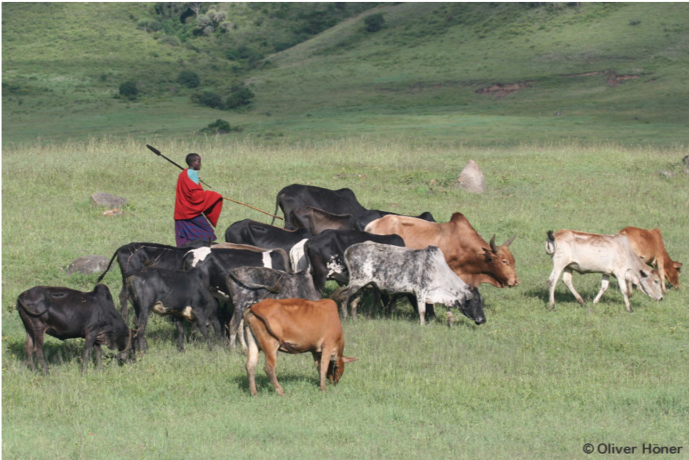
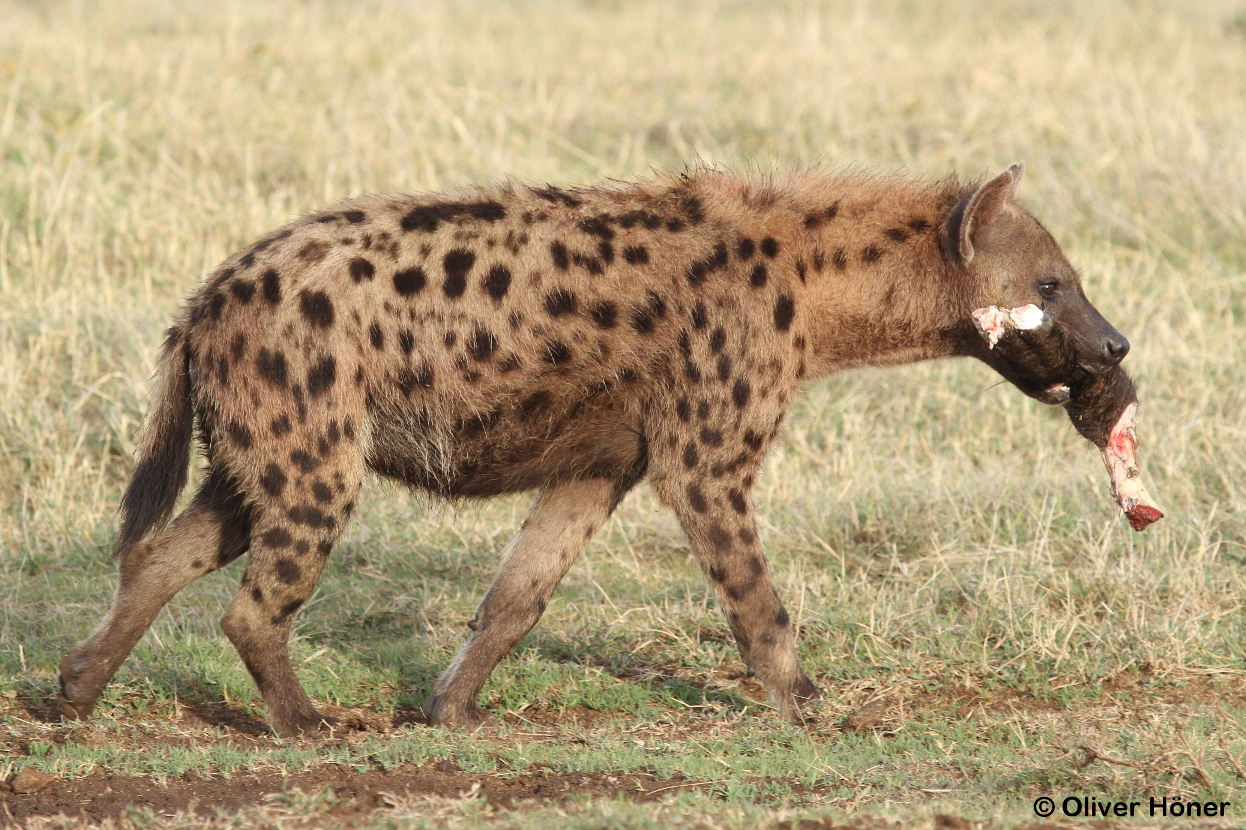
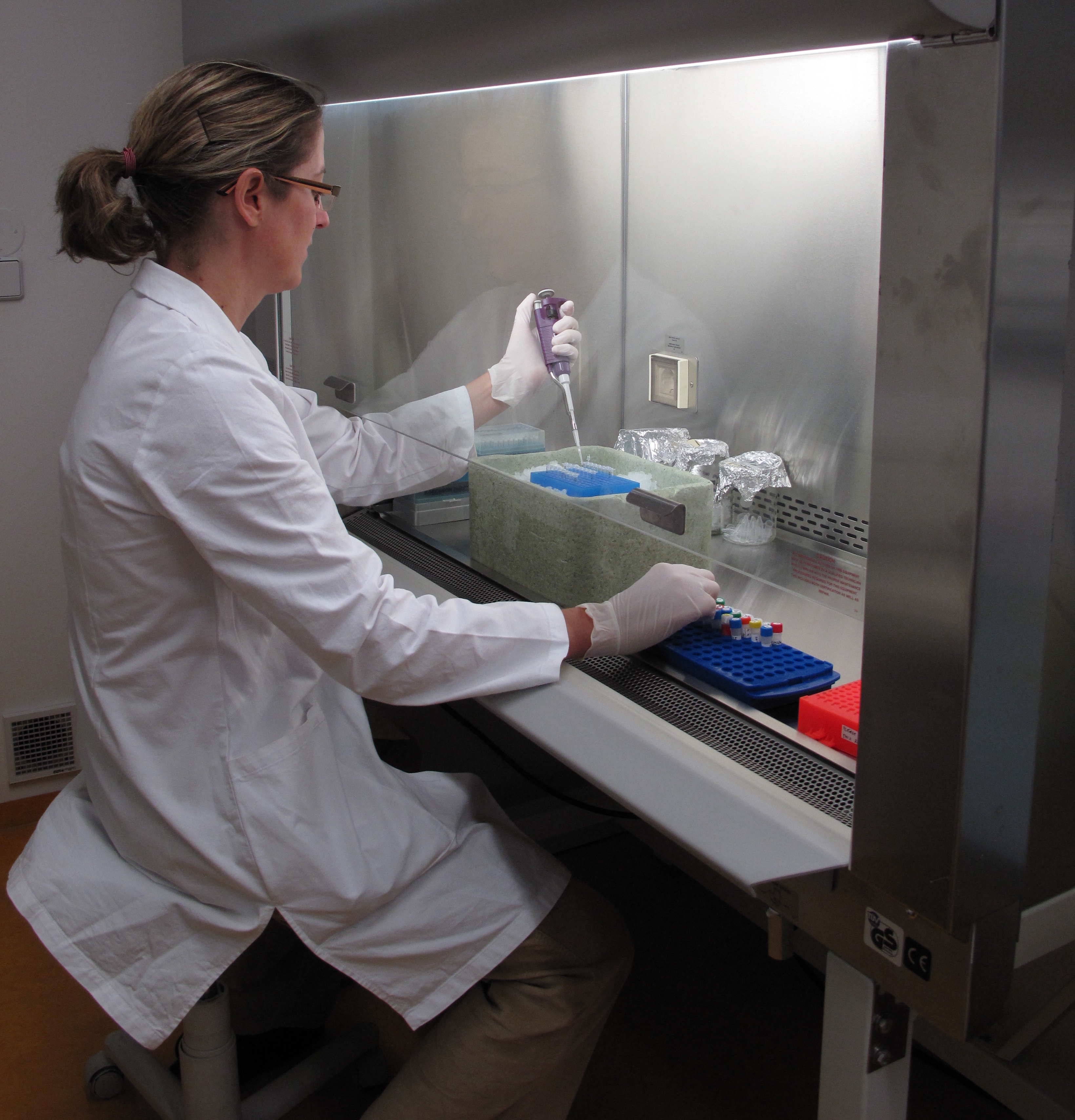
Project Backers
- 60Backers
- 107%Funded
- $4,523Total Donations
- $75.38Average Donation

